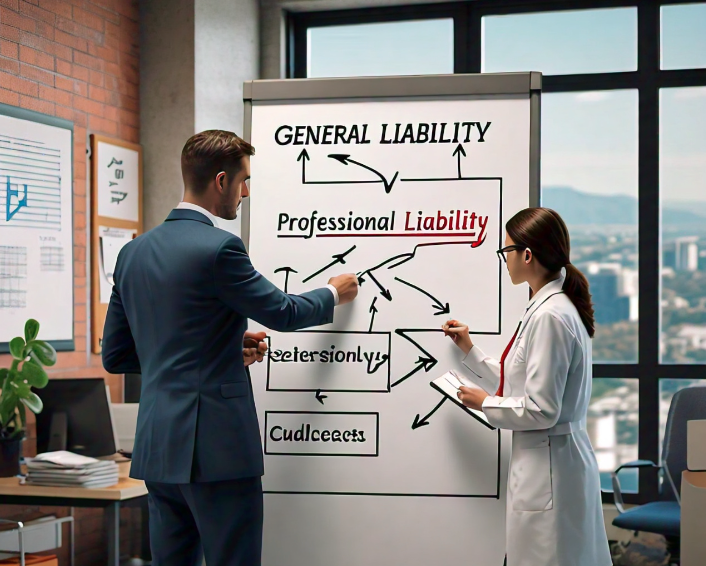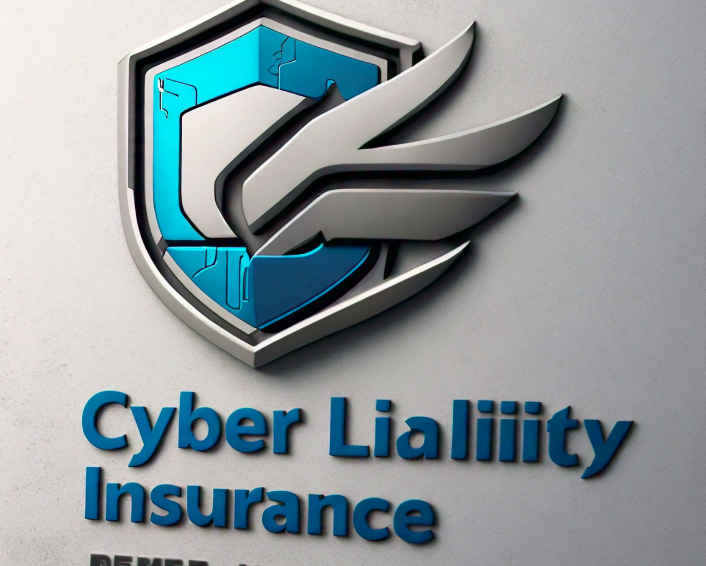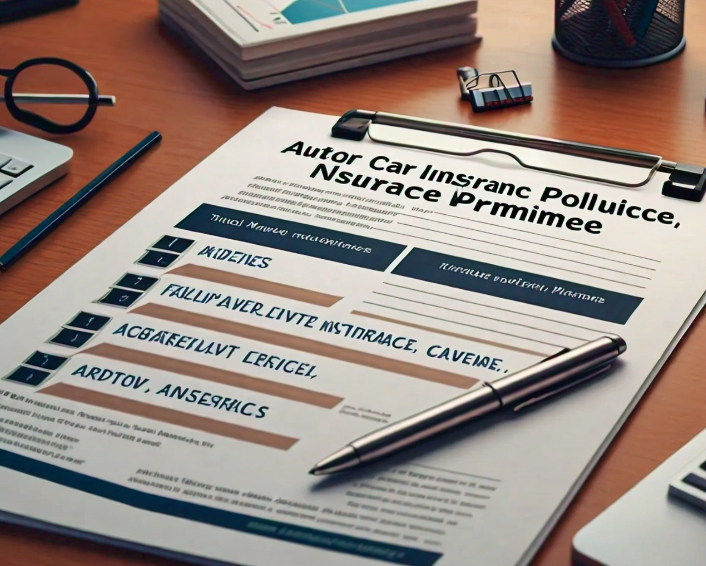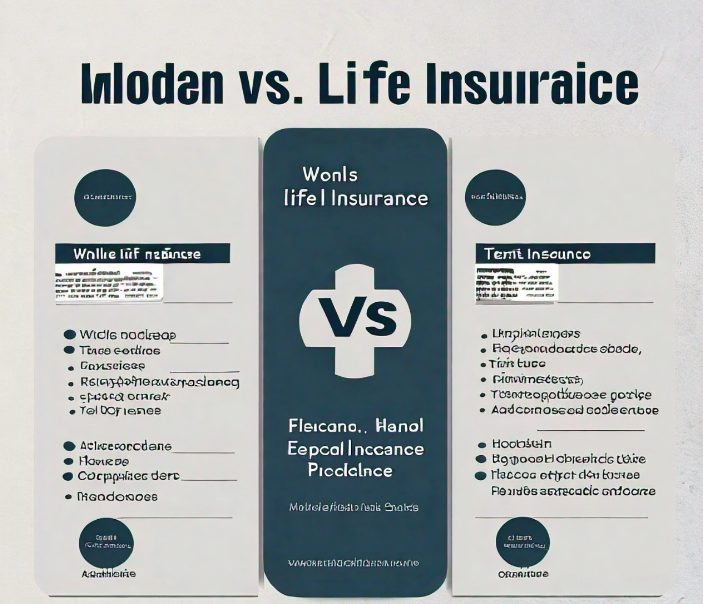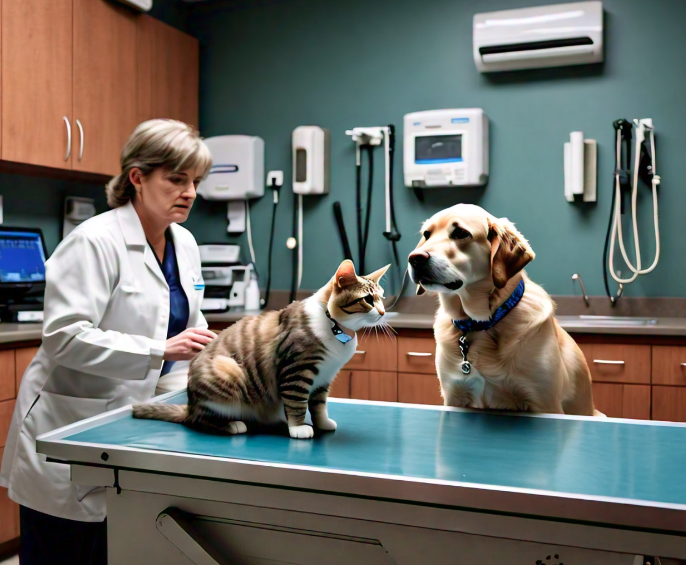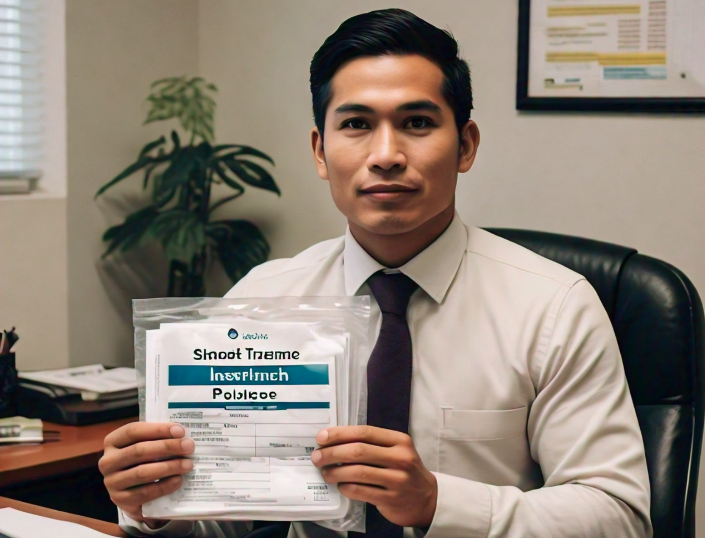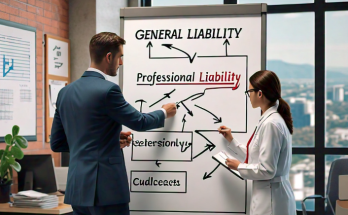Common Types of Insurance Fraud: What You Need to Know
Insurance fraud is more common than you might think, and understanding its various forms can help you avoid becoming a victim or inadvertently getting caught up in it. Whether it’s health, auto, or homeowners insurance, fraud affects everyone involved in the insurance system. Let’s dive into the common types of insurance fraud and how they impact you.
Understanding Insurance Fraud
What is Insurance Fraud?
At its core, insurance fraud is the act of deceiving an insurance company to receive benefits or compensation that one is not entitled to. This could range from exaggerating claims to submitting completely false information. The implications can be severe, affecting the integrity of the insurance industry as a whole.
Why Does Insurance Fraud Happen?
So, why do people engage in fraud? The reasons can be as varied as the individuals themselves. Some may be struggling financially, while others might feel justified in their actions due to perceived injustices from insurance companies. Regardless of the motive, the consequences can be significant.
Common Types of Insurance Fraud | ||
Types of Insurance Fraud
1. Health Insurance Fraud
Health insurance fraud is a rampant issue, costing billions of dollars annually. This type of fraud occurs when individuals, healthcare providers, or organizations deceive insurers for financial gain.
Examples of Health Insurance Fraud
Common examples include:
- Billing for services not rendered: Providers bill for procedures that never happened.
- Unbundling services: Separating procedures to charge more than the total for a comprehensive service.
- Falsifying diagnoses: Claiming a more serious illness to receive higher reimbursements.
Consequences of Health Insurance Fraud
The repercussions can be severe, including hefty fines and criminal charges for the perpetrators, and rising premiums for all insured individuals due to increased costs for insurers.

2. Auto Insurance Fraud
Auto insurance fraud often involves staging accidents or exaggerating damages to receive compensation.
Types of Auto Insurance Fraud
- Staged accidents: Colluding with others to create fake accidents to claim insurance money.
- Inflating repair costs: Claiming that vehicle repairs are more extensive than they actually are.
- Claiming personal injury: Faking or exaggerating injuries from an accident to receive higher payouts.
Impact on Premiums and Claims
Auto insurance fraud not only affects those directly involved but can also lead to increased premiums for honest policyholders. When insurers face higher costs, they often pass these on to consumers.
3. Homeowners Insurance Fraud
Homeowners insurance fraud can take various forms, often involving the misrepresentation of damages or losses.
Common Homeowners Insurance Fraud Schemes
- Filing false claims: Reporting damages or thefts that never occurred.
- Exaggerating damages: Claiming more damage than was actually sustained during an incident.
How Insurers Detect Homeowners Fraud
Insurers may investigate claims thoroughly, checking for inconsistencies and conducting interviews. They often utilize technology and data analytics to spot patterns indicative of fraud.

4. Life Insurance Fraud
Life insurance fraud usually involves misrepresentations made during the application process or after the policyholder’s death.
Types of Life Insurance Fraud
- Falsifying health information: Not disclosing pre-existing conditions to secure a policy.
- Murder for insurance money: In extreme cases, individuals may commit crimes to collect life insurance payouts.
Legal Consequences of Life Insurance Fraud
The penalties for committing life insurance fraud can be severe, including criminal charges and loss of benefits. Insurers often investigate claims rigorously, especially in suspicious cases.
5. Business Insurance Fraud
Businesses can fall victim to various types of insurance fraud, often committed by employees or external parties.
Types of Business Insurance Fraud
- Workers’ compensation fraud: Employees falsely claiming injuries to receive benefits.
- Liability fraud: Filing claims for nonexistent accidents or damages.
How to Protect Your Business from Fraud
Businesses should implement strict internal controls and conduct regular audits to deter and detect fraudulent activities.
The Impact of Insurance Fraud
Financial Consequences for Insurers
Insurance fraud costs companies billions annually, leading to increased premiums and reduced coverage options for policyholders. Insurers are forced to allocate resources to combat fraud instead of focusing on customer service and new products.
Effects on Policyholders
As a result of fraud, honest policyholders often pay higher premiums. The overall trust in the insurance system can diminish, making it harder for individuals to receive fair treatment when they genuinely need to file a claim.

How to Protect Yourself from Insurance Fraud
Tips for Detecting Fraudulent Claims
- Stay Informed: Know the common signs of insurance fraud.
- Document Everything: Keep detailed records of claims and communications with your insurer.
- Trust Your Instincts: If something feels off about a claim, investigate further.
Steps to Take if You Suspect Fraud
If you suspect fraud, report it to your insurance company immediately. They have protocols in place to investigate and address suspicious claims.
Reporting Insurance Fraud
How to Report Insurance Fraud
You can report suspected fraud to your insurance company, state insurance department, or local law enforcement. Many insurance companies have dedicated hotlines for fraud reporting.
What Happens After Reporting?
After reporting, the insurance company will conduct an investigation. Depending on their findings, they may take action against the fraudulent claim or, in severe cases, pursue legal action against the perpetrators.
Conclusion
Insurance fraud is a serious issue that affects everyone in the insurance ecosystem. By understanding the various types of fraud and their impacts, you can better protect yourself and contribute to a more honest insurance environment. Stay informed, be vigilant, and don’t hesitate to report any suspicious activity.
FAQs About Insurance Fraud
What are the signs of insurance fraud?
Signs of insurance fraud include inconsistent stories, unusually high claims, and claims that seem too good to be true.
Can I be prosecuted for insurance fraud if I didn’t know it was fraud?
Ignorance is not typically a defense in fraud cases, but it’s crucial to prove that you acted in good faith and without intent to deceive.
What should I do if I suspect my insurance company is committing fraud?
Document your concerns and report them to your state’s insurance department or a regulatory body.
How can I avoid becoming a victim of insurance fraud?
Stay informed about common scams, protect your personal information, and report any suspicious activity immediately.
Are there any rewards for reporting insurance fraud?
Many states offer rewards for reporting insurance fraud, especially if it leads to an arrest or conviction. Check with your local insurance department for specific programs.
Common Types of Insura0nce Fraud | ||
Cyber Liability Insurance | ||
Comparing International Travel Insurance | ||
Understanding Liability Coverage | ||
Factors Affecting Auto Insurance Premiums | ||
Whole vs. Term Life Insurance | ||
Affordable Care Act (ACA) Plans | ||
How to Protect Yourself from Fraud | ||
Short-term vs. Long-term Disability Insurance | ||
Importance of Business Interruption Insurance | ||
Common Exclusions in Pet Insurance | ||
Essential Coverage For Small Businesses | ||
Best Travel Insurance Plans | ||
Home Insurance For First-Time Buyers | ||
Comparing Care Insurance Rates | ||
Best Life Insurance Companies | ||
Short-term Health Insurance |



